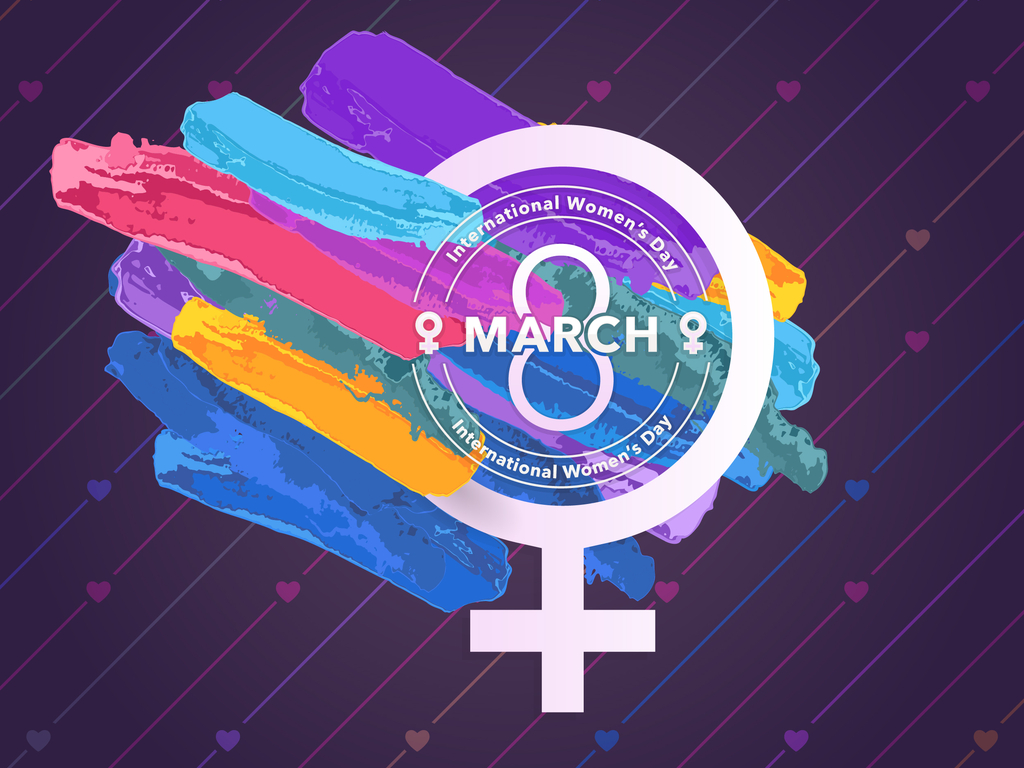Editor's Note: March is Women's History Month, and March 8 is International Women’s Day. Both provide an opportunity to reflect on the power of women coming together to support and learn from one another. Philanthropy Northwest is proud to convene our second Women's Leadership Cohort (June 2018 – February 2019), a deep learning experience that helps women leaders refine their leadership skills while actively supporting other women who are working to do the same. To learn more, please contact Lyn Hunter.

There’s no direct path to leadership. Each person finds their own way. But, the relationships you build can make all the difference as to where you end up.
If you were to look at my employment history, it might seem like a random resume. I taught middle school, pursued architecture, was an executive in construction management, and then I followed my dedication to education and community into the philanthropy sector. Each of those transitions were driven by my passion, but each success depended on mentors and peers who supported me and pushed me out of my comfort zone to go further.
Thirty years ago, I was a young mother trying to balance two babies and a husband who bounced around the country for his career. After moving to Boston, I got a job with a construction company handling the renovation of a huge waterfront warehouse.
Despite his reticence about introducing a woman boss to the site, I think the project manager hired me because I asked for 30% less money than the male candidates. Like a lot of women, I didn’t have much experience or guidance in negotiating for myself. It was just one of many unlikely entries into a career.
Things went well with that job, and a year later I was propelled into a regional leadership position with an international construction company in Boston. By this time, I was actively seeking out women peers. I networked with architects, construction managers, developers. I went out and found other women in the field. I wanted to learn what they knew, what their experiences were.
Eventually, five of us formed our own ad hoc cohort: a woman who was a developer in Boston, two architects, a woman who inherited her father’s electrical supply, and me. We started getting together every other month to create a safety net for each other.
Despite my success in the office, I felt vulnerable about having two children under 4 and a full-time, high-pressure job. Balance wasn’t an option. No amount of time math made it easier. At a certain point, I realized I was in the wrong kind of work. I asked to be demoted – to be put into a position with more time flexibility.
I shared my decision with those four other women, and they helped me talk through my options with perspectives I never could have gotten on my own. I worried that stepping back would take me off the leadership pipeline. Worse, I suspected I might need to quit altogether – to abandon having any career at all.
My peers assured me I didn’t need to walk away. Instead, they told me I needed to keep looking for the right job. Not only did they show me alternatives I hadn’t considered, they helped me find a better firm and a better position. That new job came with a raise, and I ended up working at that company for 11 years.
You might think that better job was the prize, but it wasn’t the success that made the biggest impression on me. Looking back, the most valuable lesson from that experience was the importance of having a group where I could be vulnerable.
Because my Boston cohort started through work connections, it became a place where it was okay to be honest about things that weren’t working. We could tell each other about the mistakes and uncertainty that we couldn’t show on the job site. We didn’t have it all figured it out, but we figured it out together.
When I joined Greater Tacoma Community Foundation in 2015, I had the chance to once again enjoy support and guidance from my peers through Philanthropy Northwest Women’s Leadership cohort. I built relationships with experienced and new leaders, and everyone was able to share authentic challenges and vulnerability about their work. Finding a safe place to share and learn made all of us stronger.
With the cohort, I can reach out any time to a network of local leaders who understand and care. Having those relationships available gives me essential input and diverse perspectives on current issues – or anything that comes up.
Both my Boston cohort and the Philanthropy Northwest Women’s Leadership cohort helped me with important decisions. Whether you’re a man or woman, finding a workplace environment and culture that helps you live a full life is the key goal. My cohort experiences helped me break through the myth that family and job can’t go together.
Women don’t have to copy the traditional career load many men have lived, working seven days a week and never seeing their family. That’s a false vision. The women in my networks have never let me believe that.
As we celebrate International Day of the Woman, it can be daunting to see the long way we still have to go to achieve equity for all women. I take comfort, though, knowing that we can make it happen if we work together. Whether it’s a million women marching on Washington, or ten women in philanthropy, when women join together and amplify our voices, things change.
Additional Reading
Learn about last year's International Women's Day from Jennifer Teunon, executive director of the Medina Foundation.